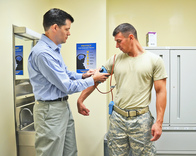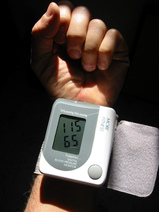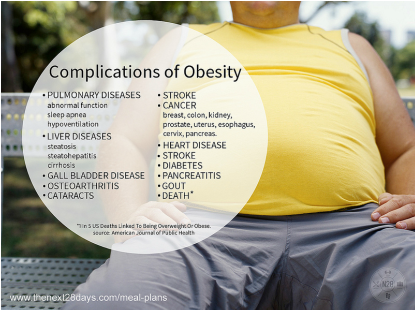
Elevated blood pressure or hypertension has been called “the silent killer,” because it usually causes no symptoms. Over time, however, high blood pressure is a major risk factor for hypertensive heart disease, coronary artery disease stroke, aortic aneurysm, peripheral artery disease, and chronic kidney disease (PMID: 10645931) Hypertension is classified as either primary (essential) hypertension or secondary hypertension. About 90–95% of cases are categorized as primary hypertension, defined as high blood pressure with no obvious underlying cause. The remaining 5–10% of cases are categorized as secondary hypertension, defined as hypertension due to an identifiable cause, such as chronic kidney disease, narrowing of the aorta or kidney arteries, or an endocrine disorder such as excess aldosterone, cortisol, or catecholamines (PMID: 12483255).
TRANSPORT CANADA GUIDELINES
FAA GUIDELINES
Blood pressure readings in excess of these values will require the examiner to defer certification.

Since that time, many new medications have been developed and numerous high quality studies have shown unequivocally that lowering the blood pressure with these medications is extremely beneficial.
Perhaps just as important to the pilot or air traffic controller is the fact that many of these medications are acceptable to both Transport Canada and the FAA with no restriction to the medical certification.
The take home message: Adequately treated, hypertension will not result in loss or restriction of your medical certificate. However, the complications of untreated hypertension very likely will.
HOW TO STAY FIT AND KEEP FLYING

Fortunately, there are many things you can do to reduce high blood pressure if you are above the acceptable limits set out in the guidelines. These include lifestyle changes such as:
- weight loss
- exercise
- low salt and low fat diets
- quite smoking
- reduce caffeine
The most important thing to remember is high blood pressure does not need to prevent you from being a pilot or air traffic controller. A single elevated reading is not enough for a diagnosis of hypertension. Anxiety, stress, fatigue, time of day may all affect a blood pressure reading, and if this occurs, several readings need to be done to obtain an average. Do not let fear prevent you from discussing this important issue with your doctor.
DO THE SMART THING!



 RSS Feed
RSS Feed